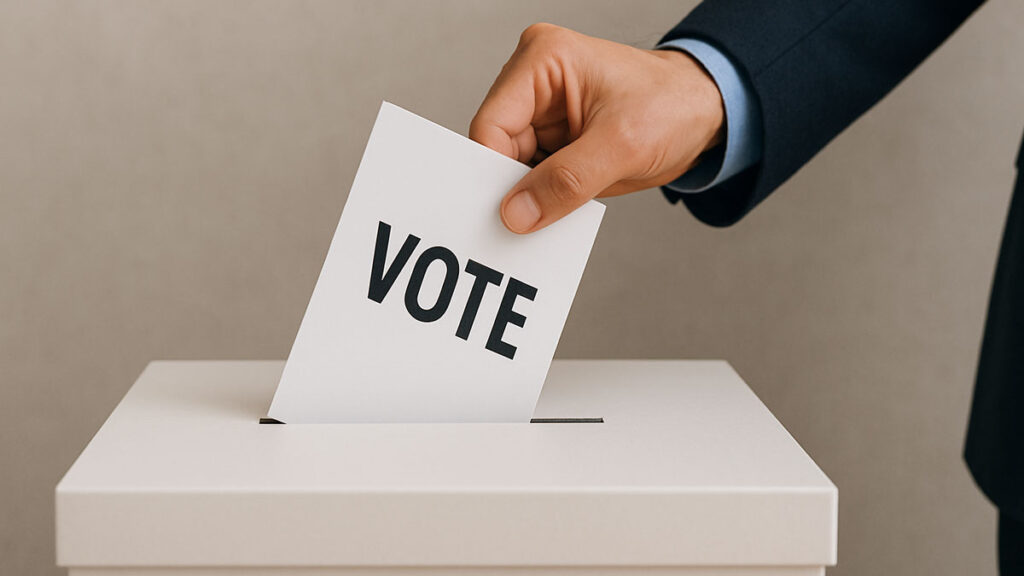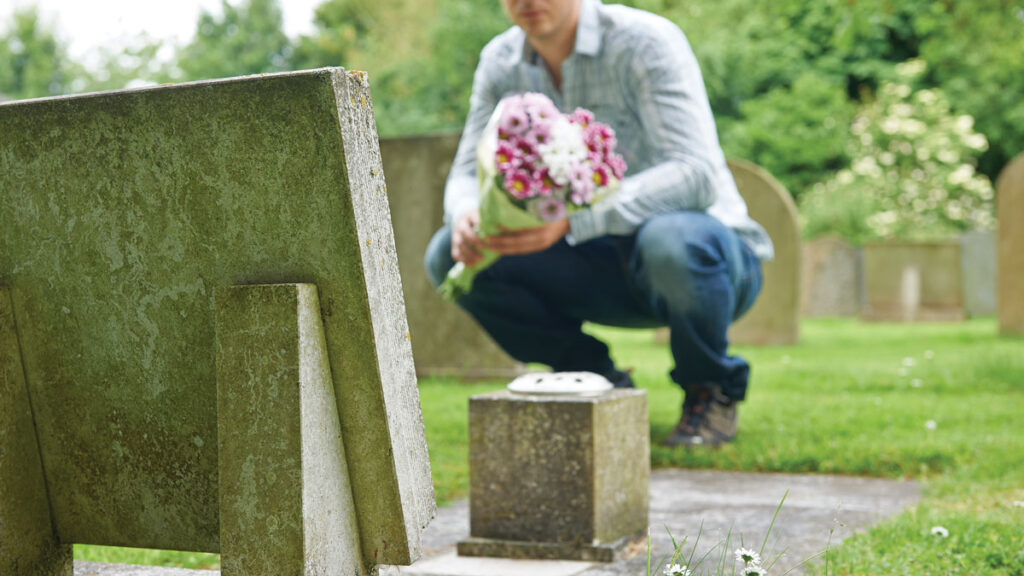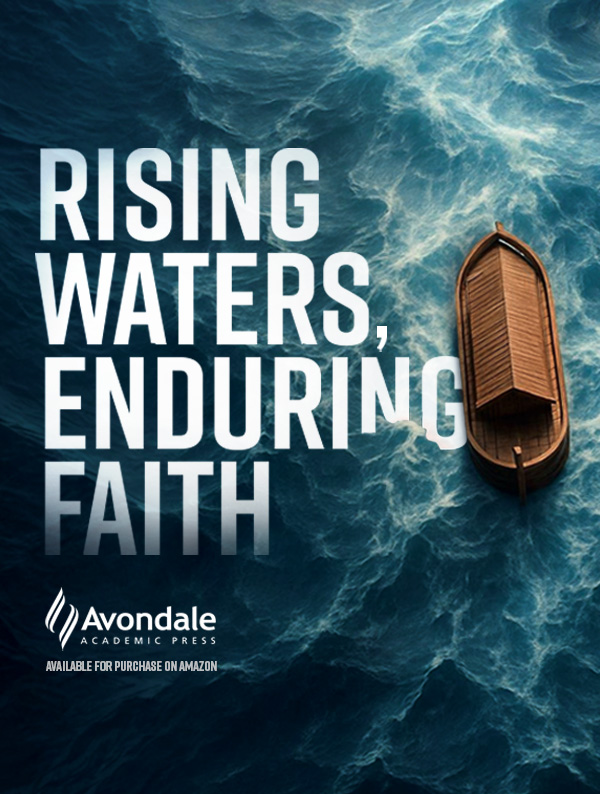“I’m having a hard time getting my head around that,” said the young person I had been sharing with. “I just don’t feel like it’s true.” We were not discussing some mystery of the universe or the nature of God. It wasn’t some win-every-argument apologetics trick or a scientific principle. The concept was that he was valuable. Infinitely valuable.1 He couldn’t get his head around his intrinsic value. Not that his will or his contribution or his race had value in and of itself, especially more value than anyone else—but that the essence of who he was, his very existence, was planned, purposed and prized by God.
This point of belief is incredibly important. It is the hinge that a lot of our behaviour and practice swings off. Knowing human life is valuable impacts how we treat others and ourselves. Understanding our value in God’s eyes is a truth that stands against all the lies we tell ourselves, and all the lies the world tells us through advertising, profiling and prejudice.
A lot of arguments for uniquely Adventist doctrines are made compelling due to their associated value component: the Sabbath, a personal rest and recuperation from stress and overwork; our health message, the body is the temple and dwelling place of God that must be looked after; Jesus is coming back physically to take us physically . . . I could go on, but you get the point.
The doctrine comes from two vital pieces of information: that humankind is imago dei, made in the image of God (Genesis 1:27) and that Jesus “gave himself as a ransom for all” (1 Timothy 2:6).
This has never been more relevant than in 2020, a year that seems stalked by tragedy and disaster.
The value of a single human life is a doctrine the Church needs to rediscover—and live out—quickly: divorced from political manoeuvring, from economic rationale, from eschatological prognostications.
Every single life lost is a tragedy. And yet life has never seemed so cheap. We’ve seen the death toll rising around the world from COVID-19 and yet we argue about the cost to the economy. People around the world march and protest the killings of unarmed African-Americans, while many of us turn a blind eye or change our social media status, without finding ways to learn, come alongside and serve those who might be hurting at this time. We look scornfully over the seas without looking closer to home, at some ways we treat indigenous people and immigrants.
Each death we hear about on the news was an individual made in the image of God. If the death is of a Christian, then a brother or sister has been taken from us. If not a Christian, then they may not have had their opportunity to know Jesus and be saved. We should be more moved by all of this.
Our fundamental beliefs affirm the doctrine of the value of human life. “We are all equal in Christ, who by one Spirit has bonded us into one fellowship with Him and with one another; we are to serve and be served without partiality or reservation” (Fundamental 14). [pullquote]
It is not enough to affirm this value; we must actively enact it by ministering to others.
“We are also called to follow Christ’s example by compassionately ministering to the physical, mental, social, emotional and spiritual needs of humanity. As we give ourselves in loving service to those around us and in witnessing to His salvation, His constant presence with us through the Spirit transforms every moment and every task into a spiritual experience” (Fundamental 11).
In light of the high value that God places on man, can we call ourselves His followers if we value human life less than He does?
We must navigate our way through the partisan politics to a middle ground that challenges both sides to value human life and protect and improve it.
Like my friend, we may have a hard time accepting our own value in God’s eyes. We need to rediscover the beauty of this truth. God loves you infinitely. God loves your neighbour just as much, so you are called to love them too.






